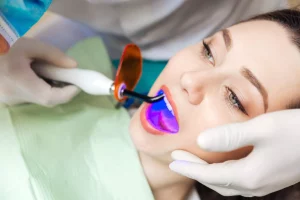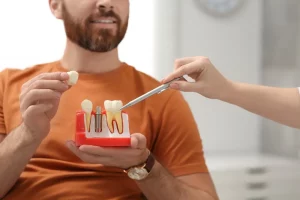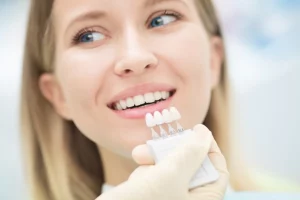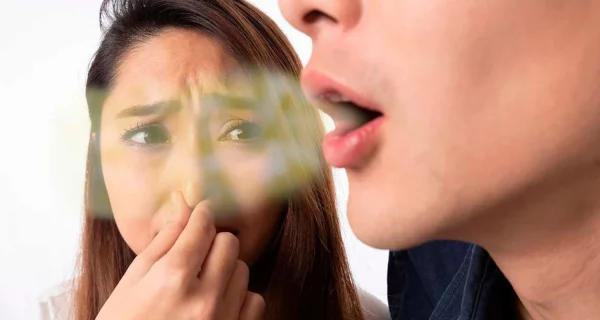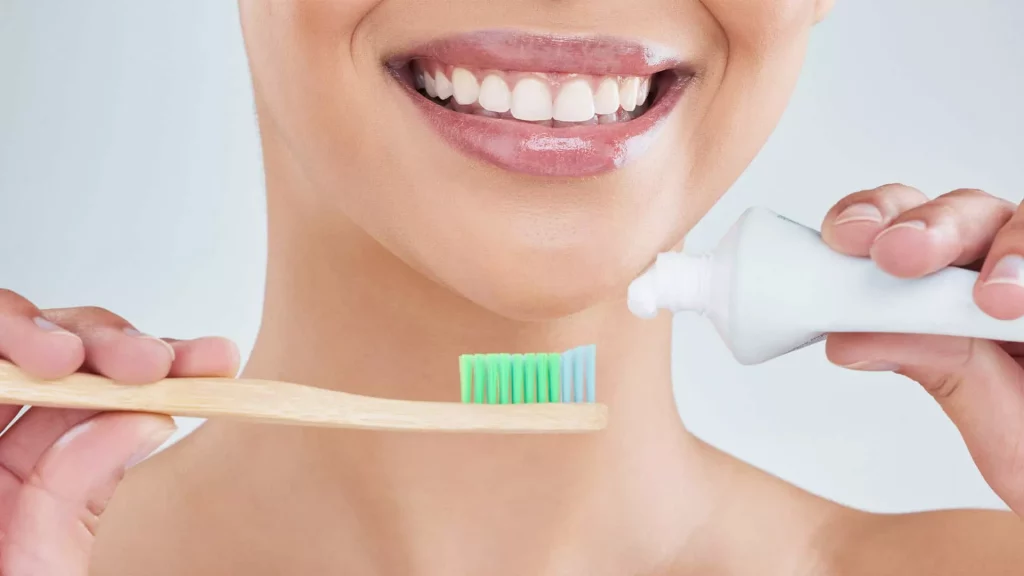Last Updated on: 12th December 2025, 09:21 am
Table of Contents
Diet is a determining factor in our general health. Logically, it also influences the state of our oral health. The health of our teeth and gums depends on our diet, so we must apply the dental diet. There are nutrients whose participation in the formation and health of teeth and gums is fundamental; among them are calcium, phosphorus, fluoride, vitamin D, vitamin A, and group B vitamins. Milk and dairy products are an excellent source of most of these elements: calcium, phosphorus, and vitamins A, D, and B. Here are some foods and their properties with respect to oral health.
What foods may improve our oral health?
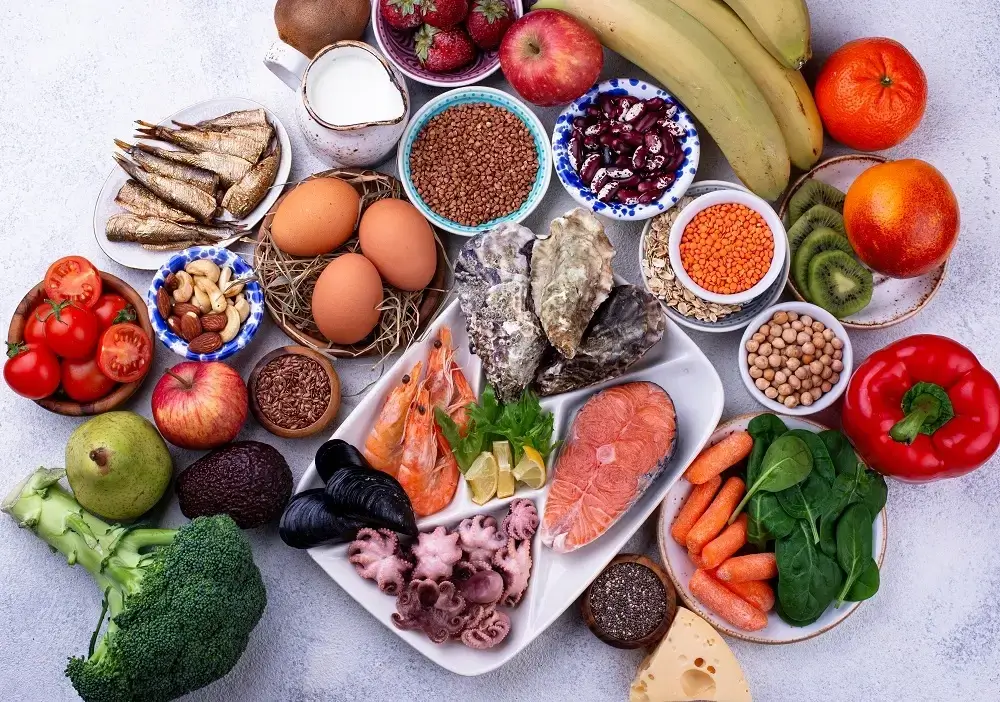
The Dental Diet. The best friends of the mouth are foods that neutralize acids, provide us with vitamins and minerals and help stimulate saliva production. At Channel Islands Family Dental, we want to share with you the following foods so you can add them to your regular diet.
1. Fiber-rich fruits and vegetables
Foods that contain fiber stimulate the flow of saliva, which is a natural defense against cavities. Not only does saliva wash away food particles and clean your mouth, but about 20 minutes after eating something, saliva begins to neutralize the acids that attack your teeth. Opt for fresh fruits and vegetables such as apples, carrots, and celery.
2. Dairy products
The calcium, phosphates, and vitamin D in cheese, milk, and other dairy products are essential minerals for the health of your teeth. Your teeth are made up mostly of calcium, and if your diet does not contain enough calcium, you run the risk of developing cavities and other problems. An added benefit is that the calcium in these foods mixes with plaque and sticks to your teeth, so it protects them from the acids that cause cavities and helps rebuild tooth enamel instantly.
They also contain Vitamin B2, whose deficit produces glossitis (inflammation of the tongue), angular stomatitis (fissures or cracks in the skin that radiate from the corners of the mouth and sometimes to the buccal mucosa), and cheilosis of the lips (painful fissures in the upper and lower lips), so these foods are of vital importance.
3. Sugar-free gum
Consuming sugar-free gum after meals and snacks can help remove harmful acids from your teeth to preserve tooth enamel. Consuming sugared gum can increase your chances of getting cavities. Sugar-free gum containing xylitol, which has been shown to have cavity-preventing qualities, may have an added benefit. Studies show that xylitol probably inhibits the growth of Streptococcus mutants, the oral bacteria that cause tooth decay—another food where xylitol can be found is strawberries.
4. Fluoridated water
Fluoridated drinking water, or any product you make with fluoridated water, helps your teeth. This includes powdered juices and dehydrated soups. If fluoridated tap water is not available where you live, ask your dentist about fluoride supplements. Fluoride can be found in smaller amounts in other plant foods: tomatoes, beans, lentils, cherries, potatoes. In animals: mackerel, sardines, beef liver, fresh fish.
5. Vitamin A
It is involved in the formation and development of bones and teeth, prevents infections, and has antioxidant and anticarcinogenic functions. Its deficiency causes alteration of the structure of bones and teeth and drying of the mucous membranes, which increases the predisposition to caries and infections. It is found in foods of animal origin such as oily fish, liver, egg yolk, butter, cheese, whole or enriched milk. It is also found in plant foods such as apricots, melons, carrots, mangoes, peaches, spinach, Brussels sprouts, tomatoes, loquats.
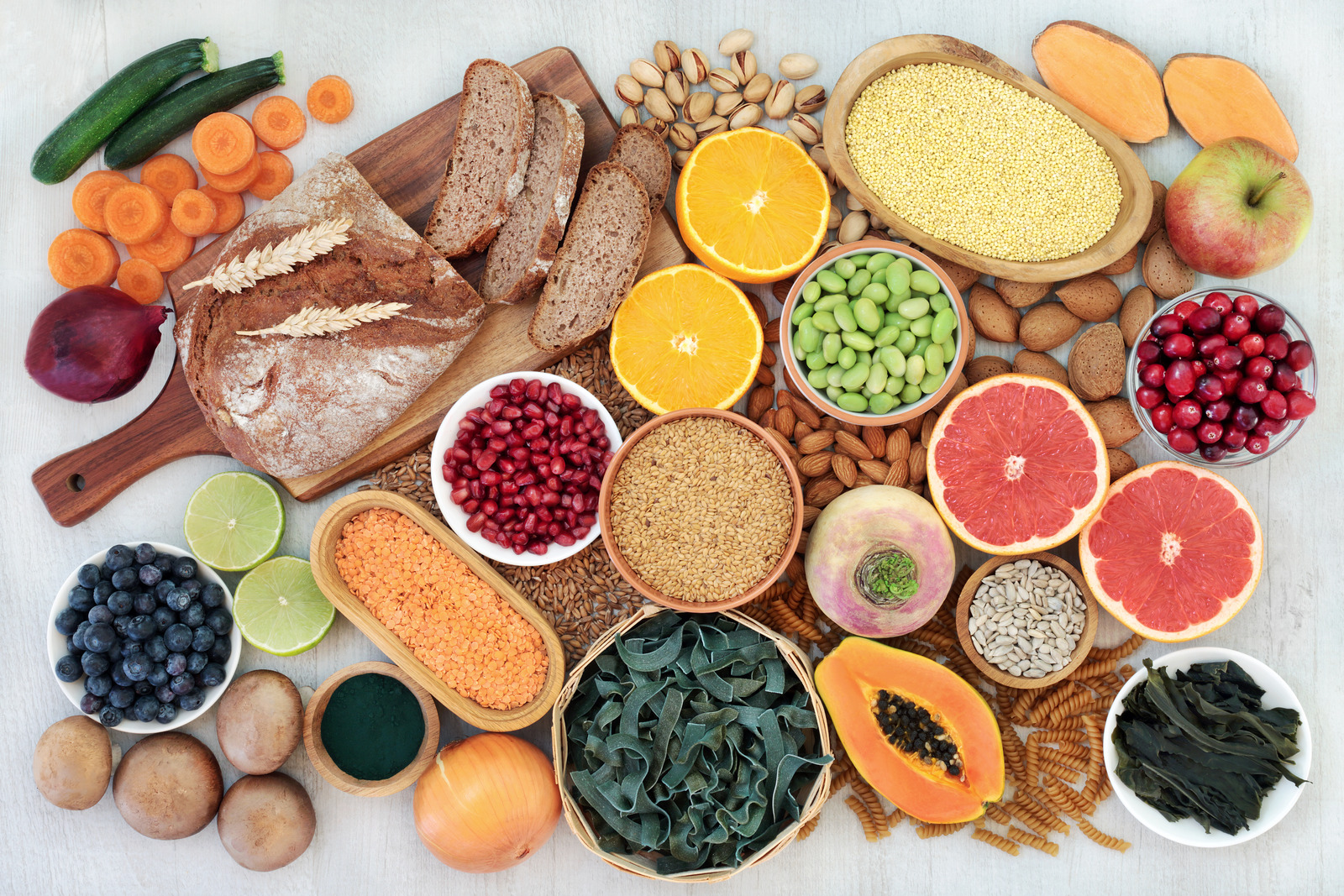
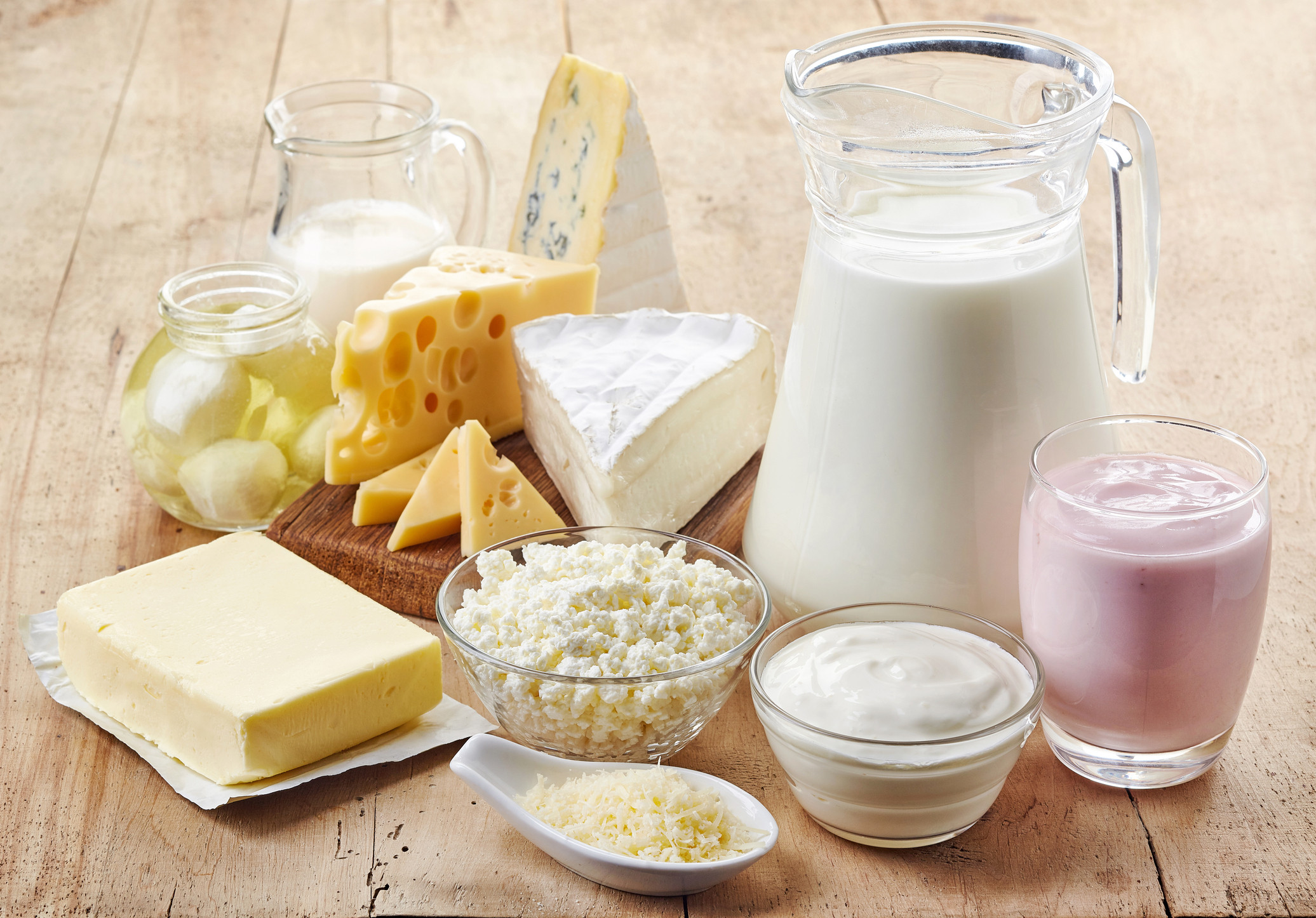
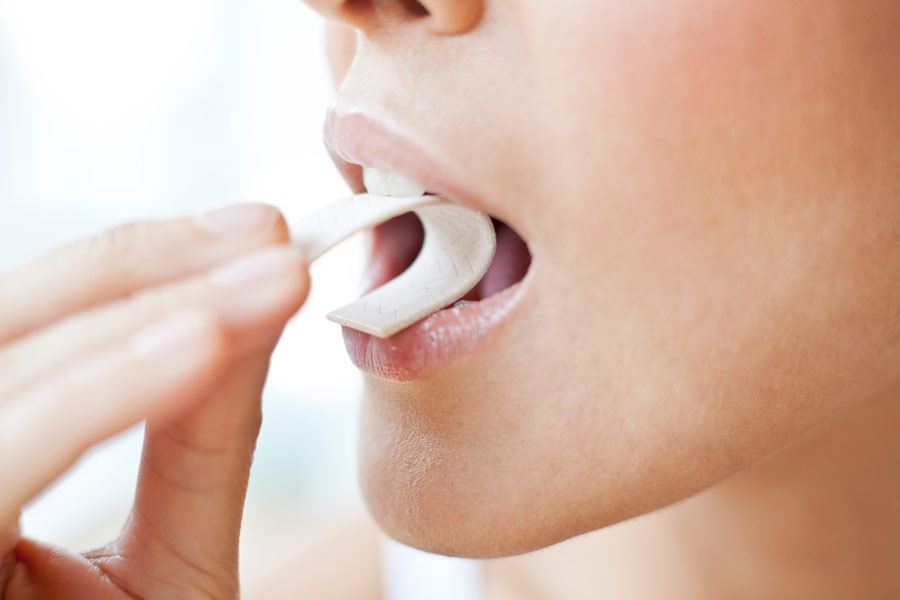
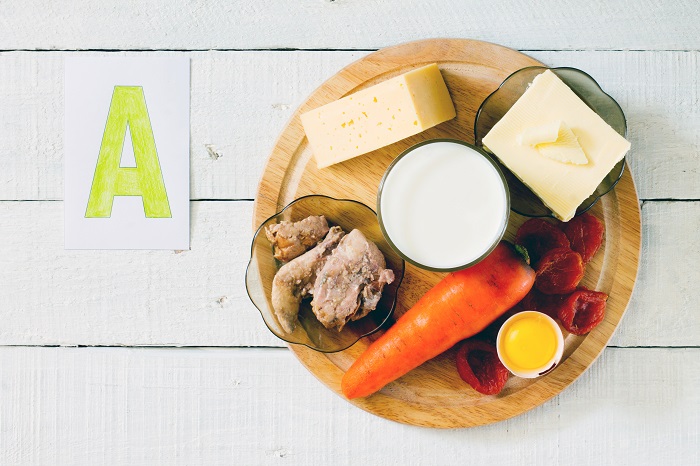
What foods may damage our teeth?
The Dental Diet. Just as there are foods that have very beneficial qualities for our mouths, there are foods that we should consume in moderation or avoid. There is a clear relationship between bad eating habits and dental disease. Fast food or precooked foods are clear examples of this relationship; their high content of sugars and other carbohydrates favors the proliferation of bacteria and the formation of cavities. The worst enemy of teeth is acid, directly contained in food and drink or produced by oral bacteria as a reaction to foods rich in sugar.
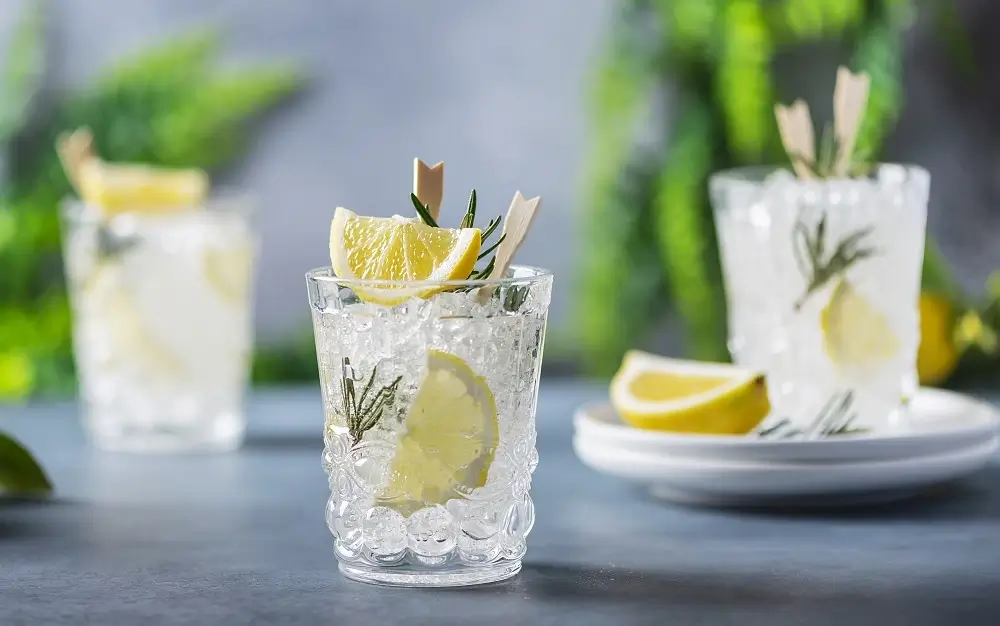
Here is a list, prepared by the American Dental Association of foods to avoid if you want to maintain a healthy and beautiful mouth.
1. Sweets and candy
Besides being full of sugar, they can also cause a dental emergency, such as a broken or chipped tooth. If you eat sweets, choose those that disappear from your mouth quickly. Treats that stick to the teeth (lollipops, candies, jelly beans, and hard candies) make it difficult for saliva to remove the sugar. If we wish to consume them, we can replace them with other alternatives such as chewing sugar-free gum that carries the ADA approval mark.
2. Citrus
Frequent exposure to acidic foods can erode enamel, making teeth more susceptible to decay over time. So while a few drops of lemon or lime can turn a simple glass of water into a fun drink, it’s not always the best choice for your mouth. Citrus fruits and juices can also irritate mouth sores. Be sure to drink plenty of plain water.
3. Coffee
In their natural form, coffee and tea can be healthy beverage options. Unfortunately, many people cannot resist adding sugar. Coffee and caffeinated tea can also dry out the mouth and can also stain teeth.
4. Sticky foods and carbohydrates:
When it comes to making healthy food choices, many people put dried fruits at the top of the list. However, many dried fruits are sticky. Sticky foods can damage teeth, as they tend to stay on the teeth longer compared to other types of foods. On the other hand, carbohydrate-containing foods such as potato chips are filled with starch, so they tend to get trapped on the teeth and increase plaque buildup on tooth surfaces.
Starches made from white flour are simple carbohydrates and can remain in your mouth and convert to simple sugars. Bacteria feed on the sugar and produce acids that cause tooth decay. If you consume dried fruits and carbohydrates often, be sure to rinse with water or brush after eating them.
5. Soda and drinks with added sugar
When sugary drinks are consumed over long periods, plaque bacteria use that sugar to produce acids that directly attack enamel, the hard surface of the tooth. Most sodas, including diet sodas, produce acids and are therefore bad for teeth. Caffeinated beverages such as cola drinks can also dry out the mouth.
6. Alcohol
Alcohol causes dehydration and dry mouth. People who drink excessively may find their saliva flow reduced over time, leading to tooth decay and other oral infections, such as gum disease. Excessive alcohol consumption also increases the risk of mouth cancer.
7. Sports drinks
For many sports and energy drinks, sugar is a more prevalent ingredient. According to the American Academy of Pediatric Dentistry, while sports drinks may be helpful for young athletes participating in prolonged, vigorous physical activity, in most cases, they are unnecessary. Check the label to make sure your beverage of choice is low in sugar.
What foods may whiten teeth?

The Dental Diet. There are several foods that not only offer nutritional benefits but also help keep teeth white. Foods such as raw vegetables and fresh fruits contain key ingredients that protect teeth from decay and fight hard-to-remove plaque. However, it is not scientifically proven that any food or substance used at home can lighten teeth. If you are looking for whiter teeth, you can consult our dentists in Oxnard, Santa Paula, Ventura, and Port Hueneme about our teeth whitening treatments, because only in a dental office will we achieve those results.
So, just as we suggest your allied foods, we at Channel Islands Family Dental would like to suggest that you avoid or reduce your consumption of the following foods to show off your best smile wherever you go:
- Wine: stains tooth enamel and its tannins, which are compounds from the skin and pips of the grapes used to produce wine, hinder calcium absorption.
- Coffee and tea: consuming them for long periods can cause stains to appear on the teeth.
- Sugars: they are cariogenic foods, and these lesions can appear as discolorations on the surfaces of the teeth, affecting your smile.
Contact Us
If you have any questions about the dental diet or other topics, you can contact us at Channel Islands Family Dental as well as our page on Facebook. We look forward to your visit and we will make a timely diagnosis. Our dentists in Oxnard, Santa Paula, Ventura, Newbury Park, and Port Hueneme will be able to guide you toward the best treatment to take care of your health and give you back your best smile.







